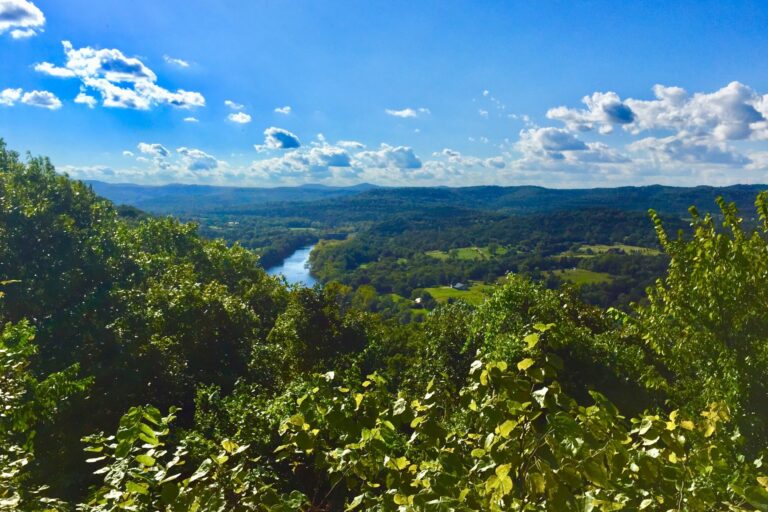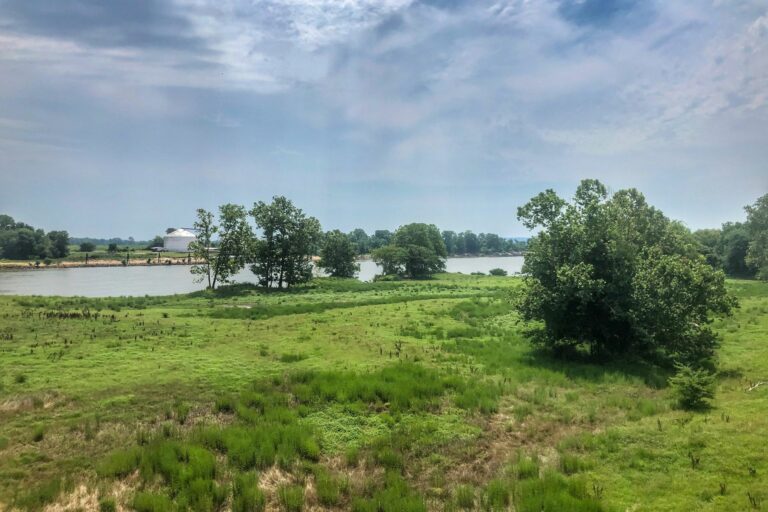Vacant land in Arkansas may seem like a hassle-free investment, but it comes with its own set of hidden costs. Many landowners hold onto their property thinking its value will increase over time, but in reality, owning undeveloped land can become a financial burden. In this post, we’ll explore five significant ways holding onto vacant land could be costing you in Arkansas.
1. Property Taxes
Even if your land remains unused, you are required to pay property taxes. Arkansas counties assess taxes based on the land’s value, and while vacant land may have lower taxes than developed property, the annual costs still add up. Additionally, land values can fluctuate based on surrounding development, potentially raising your tax burden over time.
Key Consideration:
- In counties like Pulaski and Benton, property tax rates can increase as the area around your land develops.
2. Maintenance Costs
Maintaining vacant land involves more than just letting it sit. Overgrown vegetation, pest infestations, or wildfires can pose risks. Regular maintenance, such as mowing, clearing debris, and managing the land, becomes essential—especially if you want to keep it marketable or avoid legal liabilities from potential hazards.
Key Consideration:
- Failing to maintain your land can lead to code violations and costly fines, particularly in areas where local ordinances require regular upkeep.
3. Liability and Insurance
Vacant landowners are responsible for any accidents that occur on their property, even if trespassers are involved. To protect yourself, you may need to purchase liability insurance, which can cost several hundred dollars annually. Without coverage, a single lawsuit could cost far more than your annual property tax bill.
Key Consideration:
- Liability insurance is essential, especially if your land is near public areas where people might trespass or use the land for unauthorized activities.
4. Environmental Regulations
Arkansas is home to many natural habitats, which may require compliance with state and federal environmental regulations. If your land includes wetlands, rivers, or protected ecosystems, you may be responsible for maintaining the land in line with conservation laws. Ignoring these rules can result in fines and legal action.
Key Consideration:
- Environmental regulations in Arkansas, such as those regarding water use and land conservation, can result in costly compliance measures.
5. Missed Financial Opportunities
Holding onto vacant land may feel like a sound long-term investment, but it could actually be causing you to miss out on better financial opportunities. Selling your land for cash allows you to reinvest in more profitable ventures, pay off debt, or use the proceeds for personal expenses. The longer you hold onto the land, the more you could be missing out on immediate financial gains.
Key Consideration:
- Selling your land can free up cash for investments with higher returns, such as real estate, stocks, or starting a business.
Is It Time to Sell Your Vacant Land?
The hidden costs of holding onto vacant land in Arkansas can quickly outweigh the potential benefits of waiting for the market to change. Property taxes, maintenance, liability risks, and environmental compliance can turn your passive investment into an ongoing expense. If you’re ready to cut the costs and sell your land for cash, Capital Land Buyers is here to help. We offer fair, fast cash offers with no hidden fees.
Ready to Sell Your Land?
Contact Capital Land Buyers today to get a no-obligation cash offer for your vacant land in Arkansas. We’ll handle all the paperwork, and you can walk away from the hidden costs of land ownership.



